

Damion Smy
Suzuki Fronx recalled after seatbelt failure sparks ‘urgent investigation’
7 Hours Ago
BMW, JLR and Porsche climbed as most premium brands slumped during the first half of 2024. Here's a breakdown.

News Editor
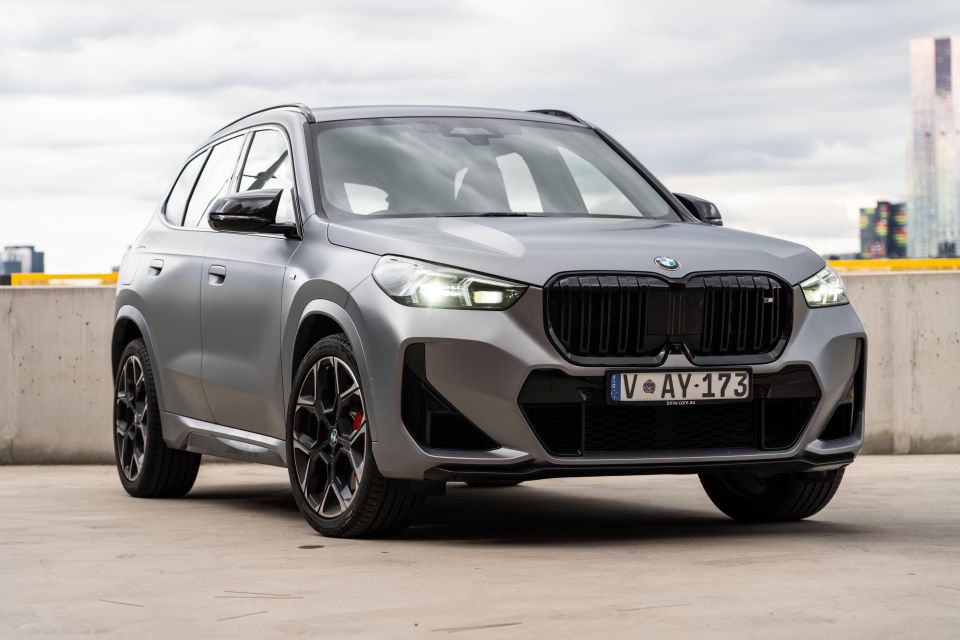

News Editor
BMW is still the leader among legacy luxury brands, growing its sales while rival brands are going backwards.
Whether you consider Tesla a premium or luxury brand or not, we’ve included it here for context. Its only vehicles in Australia, the Model 3 and Model Y, sit at roughly the same price point as more affordable BMWs like the 1 Series.
For the sake of brevity, however, we have omitted ultra-luxury brands like Bentley and Rolls-Royce.
Compared to full-year 2023 results, the brands are sitting in the same positions for the most part.
However, Jaguar has leapt two spots on this chart as almost its entire petrol-powered lineup has seen a sales boost… just in time for all of these models to go out of production.
Tesla may still have Australia’s two best-selling electric vehicles (EVs) by a comfortable margin, but its sales in the first half of 2024 were down 9.6 per cent on the same period last year.
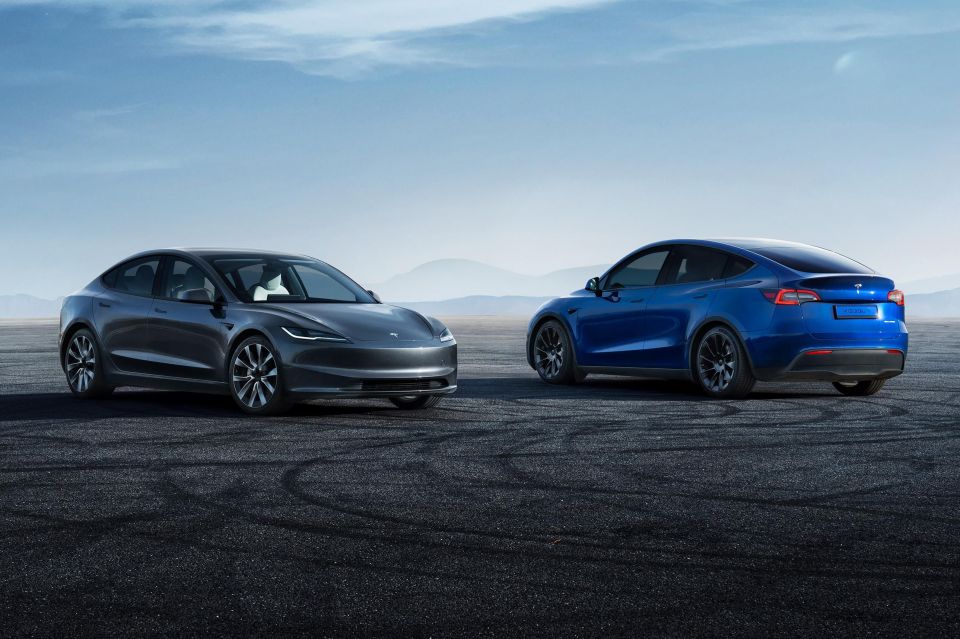
The Model 3 was down 8.4 per cent despite the arrival earlier this year of a significant facelift for the model, while the Model Y was down 10.6 per cent.
BMW was one of the few brands on this list to improve on its standing in the first half of 2023.
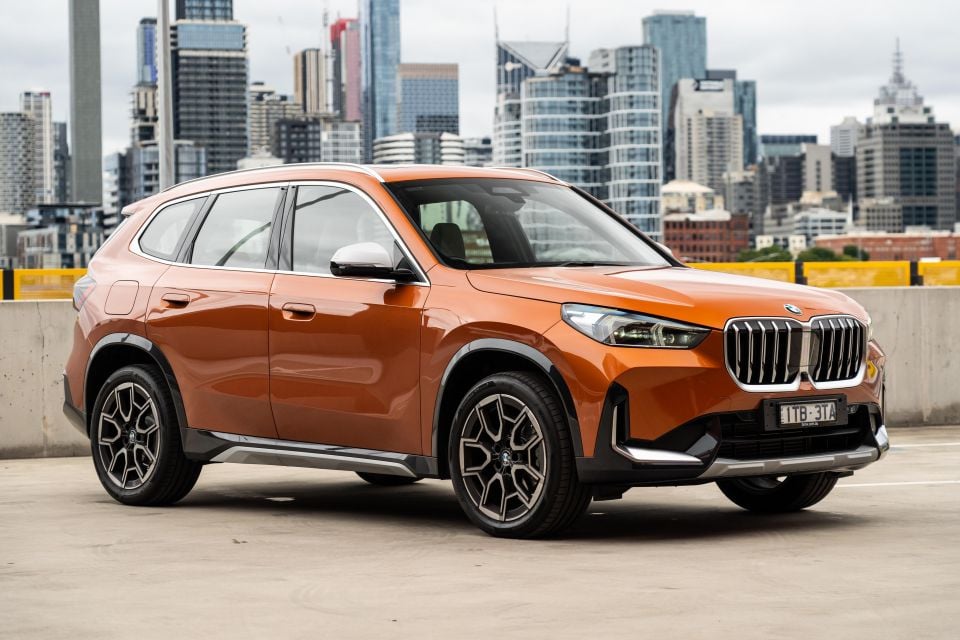
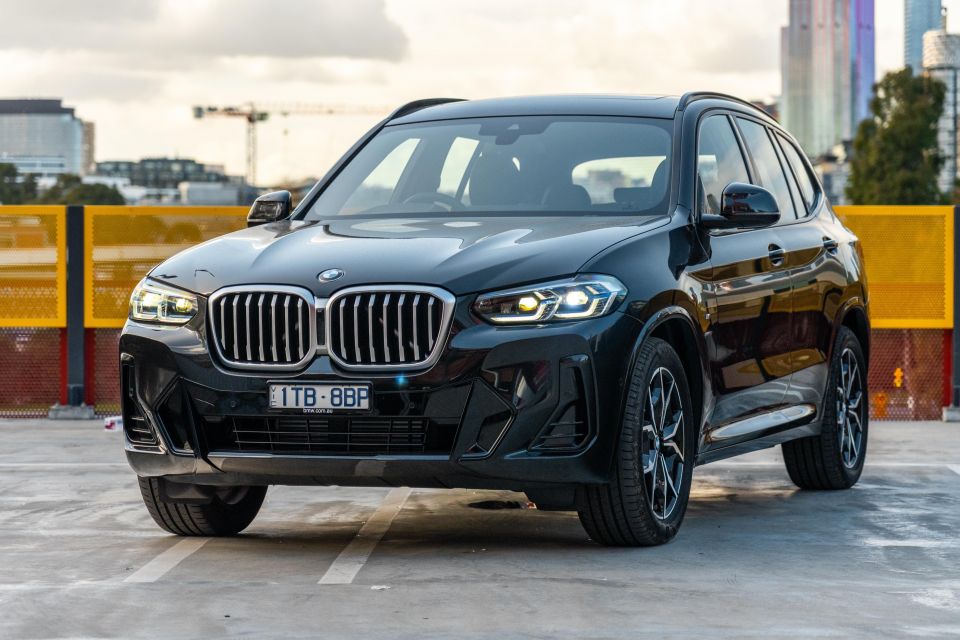
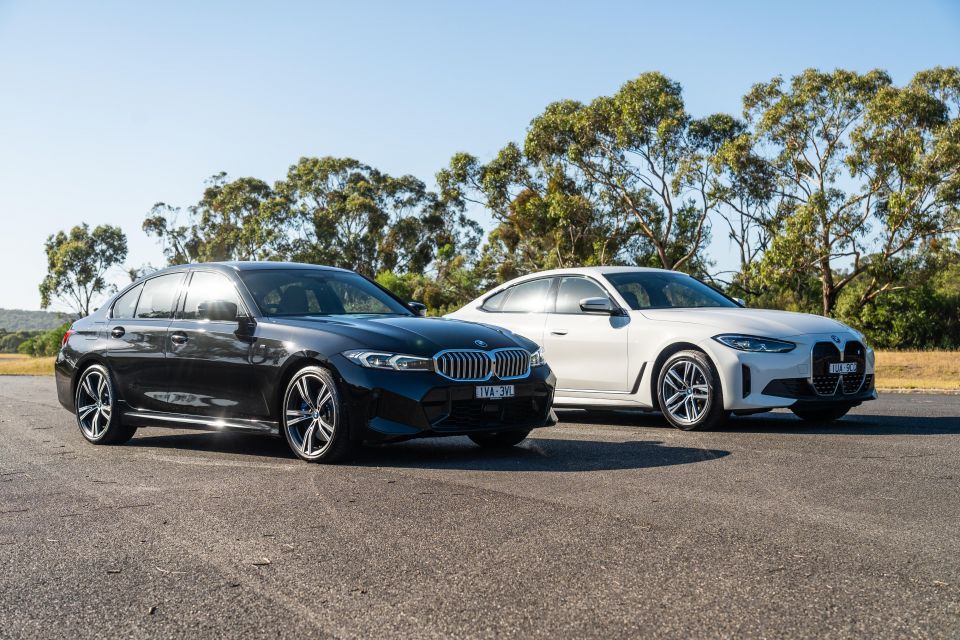
Its sales were up 9.1 per cent, driven by significant gains among its smaller, more affordable models.
The recently redesigned X1 was up 43.4 per cent to 2255 sales, overtaking the X3 as the brand’s best-seller.
Its X2 coupe SUV sibling was up 217.9 per cent to 728 sales as the new model comes on stream, while the 2 Series coupe range is up 85.6 per cent to 900 sales.
Not every small BMW was up, however, with the 1 Series down 49.4 per cent to 530 sales ahead of a next-generation model, while the 2 Series Gran Coupe was down 40.9 per cent to 364 sales.
Note that BMW splits some electric models out from their combustion-powered counterparts (e.g. i7 and 7 Series) and combines others (X1 and iX1).
The electric i4 has climbed the charts to become BMW’s fifth best-selling vehicle, behind only the X1, X3, X5 and 3 Series. Not only that, but the i4 outsells the related petrol-powered 4 Series Gran Coupe by around three-to-one.
| Model | H1 sales | YTD change |
|---|---|---|
| X1 | 2255 | +43.4% |
| X3 | 1884 | -7.9% |
| X5 | 1604 | -10.7% |
| 3 Series | 1511 | -6.8% |
| i4 | 1177 | – |
| 2 Series Coupe | 900 | +85.6% |
| X2 | 728 | +217.9% |
| X7 | 566 | +9.9% |
| 1 Series | 530 | -49.4% |
| X6 | 403 | +63.2% |
| 4 Series two-door | 383 | -1.5% |
| X4 | 374 | -8.6% |
| 2 Series Gran Coupe | 364 | -40.9% |
| 5 Series | 350 | +75.9% |
| iX | 255 | -50.7% |
| 4 Series Gran Coupe | 168 | -67.3% |
| XM | 70 | +118.8% |
| Z4 | 43 | +10.3% |
| i7 | 23 | -23.3% |
| 7 Series | 21 | -57.1% |
| 8 Series two-door | 19 | -34.5% |
| 8 Series Gran Coupe | 10 | -63.0% |
| 6 Series GT | 3 | – |
Even if you include the 2345 vehicles sold by the Mercedes-Benz Vans division, the three-pointed star brand falls short of its Bavarian rival.
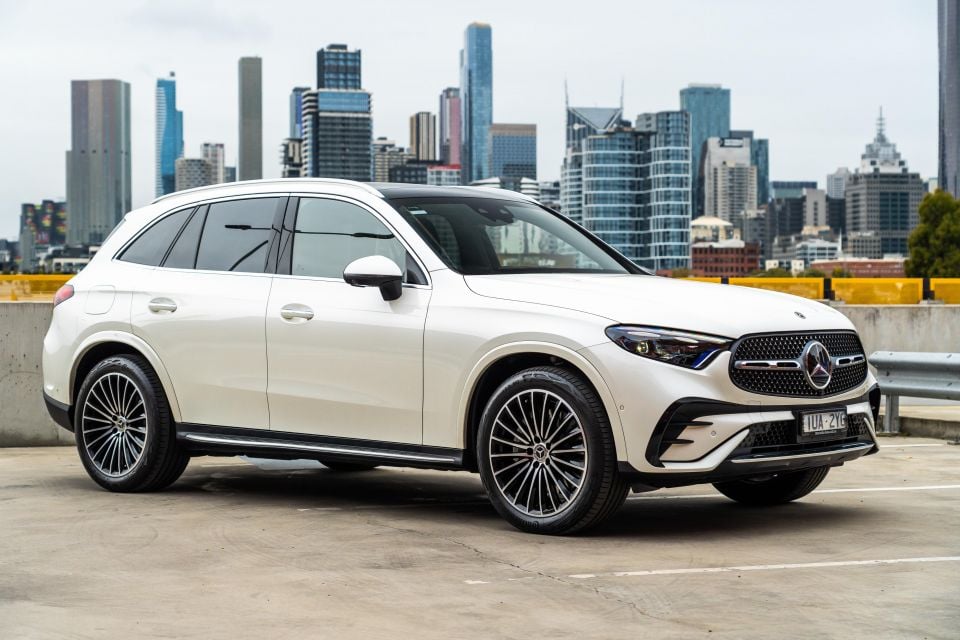
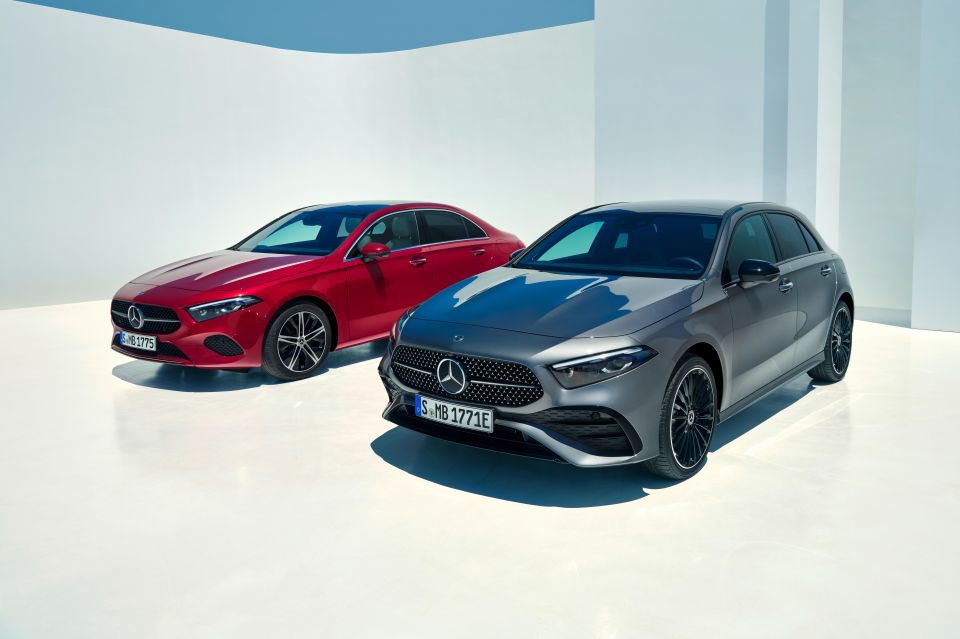
Its sales were down 24.1 per cent on the same period last year.
Most models were down on the first half of 2023, with exceptions being the GLA (1011 sales, up 9.8 per cent) and its electric EQA sibling (624 sales, up 58.8 per cent).
Also up were the more niche G-Class (up 86.7 per cent), SL (up 142.9 per cent), and Mercedes-AMG GT 4-Door Coupe (up 250 per cent). Otherwise, it’s declines across the board.
| Model | H1 sales | YTD change |
|---|---|---|
| GLC wagon | 1345 | -4.1% |
| A-Class | 1164 | -10.8% |
| C-Class | 1115 | -39.4% |
| GLA | 1011 | +9.8% |
| GLE wagon | 746 | -51.9% |
| GLC Coupe | 707 | -5.2% |
| EQA | 624 | +58.8% |
| GLB | 553 | -54.8% |
| EQE SUV | 516 | – |
| CLA | 438 | -39.4% |
| G-Class | 224 | +86.7% |
| GLE Coupe | 207 | -50.7% |
| GLS | 185 | -56.3% |
| EQB | 152 | -50.5% |
| E-Class | 151 | -24.1% |
| CLE | 130 | – |
| EQE | 91 | -63.0% |
| EQS SUV | 68 | – |
| EQC | 66 | -57.1% |
| C-Class two-door | 39 | -90.7% |
| SL | 34 | +142.9% |
| E-Class two-door | 17 | -83.8% |
| S-Class | 15 | -72.7% |
| AMG GT 4-Door Coupe | 7 | +250.0% |
| EQS | 6 | -57.1% |
| B-Class | 2 | -97.5% |
Audi sales are down 12.4 per cent on the first half of 2023.
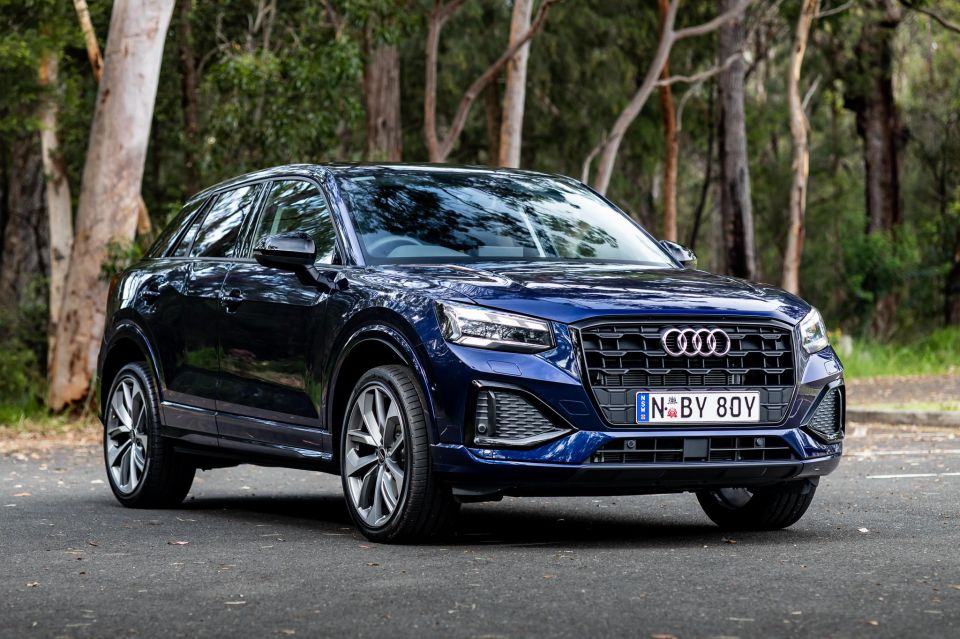
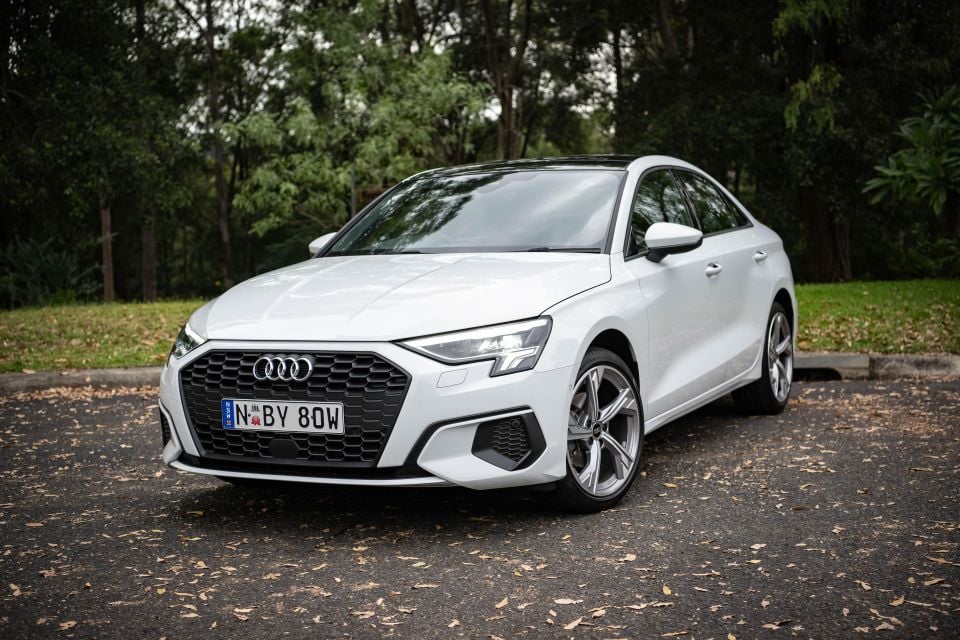
The Q3 and A3, among Audi’s most affordable models, remain its strongest sellers and have seen sales growth this year.
The A3 has even cemented its lead over the related Volkswagen Golf in the sales race, and has become the most popular premium-brand small car.
The popular Q5, however, is down 42.3 per cent this year as it nears the end of its lifecycle. Conversely, the ageing Q2 has actually seen a boost in its twilight years and is up 20.4 per cent.
The Q7 is down 58.7 per cent, though an updated model is arriving in showrooms soon; the A4 is also down considerably, though it’s nearing the end of its lifecycle.
| Model | H1 sales | YTD change |
|---|---|---|
| Q3 | 2816 | +12.5% |
| A3 | 1700 | +21.2% |
| Q5 | 1386 | -42.3% |
| Q2 | 609 | +20.4% |
| Q7 | 363 | -58.7% |
| A4 | 263 | -38.0% |
| A5 Sportback | 260 | +7.4% |
| Q8 | 228 | +3.2% |
| A1 | 147 | -32.9% |
| Q8 e-tron | 112 | +51.4% |
| A6 | 110 | -0.9% |
| e-tron GT | 66 | -66.8% |
| A5 two-door | 55 | -9.8% |
| TT | 45 | -10.0% |
| A7 | 16 | -48.4% |
| A8 | 6 | -25.0% |
| Q4 e-tron | 1 | – |
Lexus had its best-ever sales year in Australia in 2023, with its 15,192 sales representing a 114.3 per cent on the prior year and eclipsing its previous high watermark of 9612 sales in 2019.
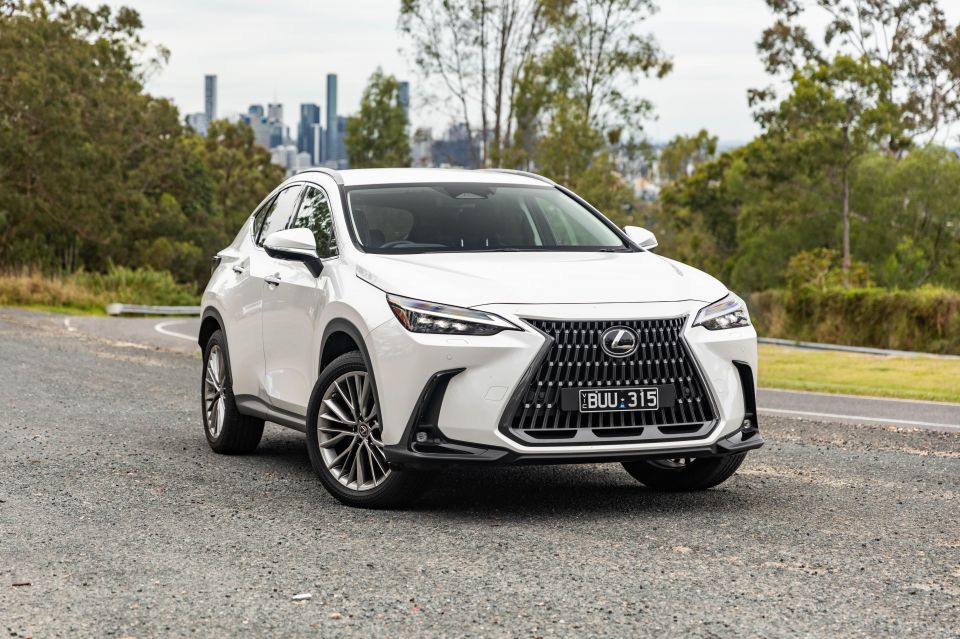
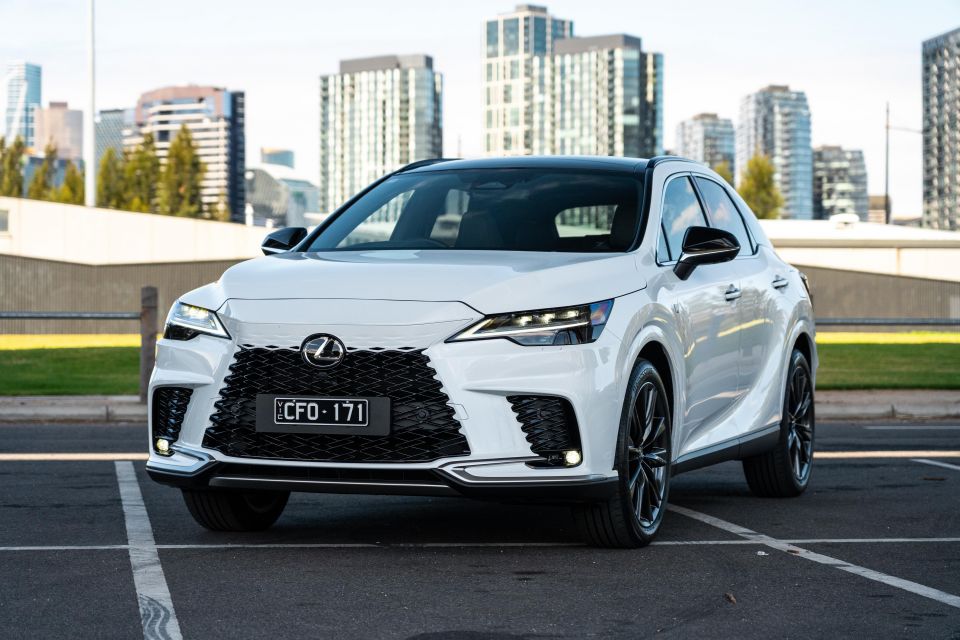
Sales have come back down to Earth a little bit in 2024, dropping 9.0 per cent compared with the first half of 2023.
There’s a caveat here: deliveries of its new GX SUV have yet to begin, and could boost sales in the second half of this year.
The LBX, the brand’s entry-level SUV, also only recently reached showrooms. Despite this, it’s already the brand’s third best-selling vehicle.
Naturally, the NX remains at the top. It’s also the second best-selling vehicle in the premium mid-sized SUV segment, behind only the Tesla Model Y and besting all its German competition.
| Model | H1 sales | YTD change |
|---|---|---|
| NX | 2906 | +5.0% |
| RX | 1030 | -27.1% |
| LBX | 670 | – |
| ES | 610 | -34.5% |
| UX | 493 | -56.8% |
| LX | 256 | -54.4% |
| LM | 169 | – |
| RZ | 109 | +55.7% |
| LC | 35 | +118.8% |
| LS | 8 | -20.0% |
Volvo sales are down 24.6 per cent on the first half of 2023 as demand for its popular SUVs have fallen.
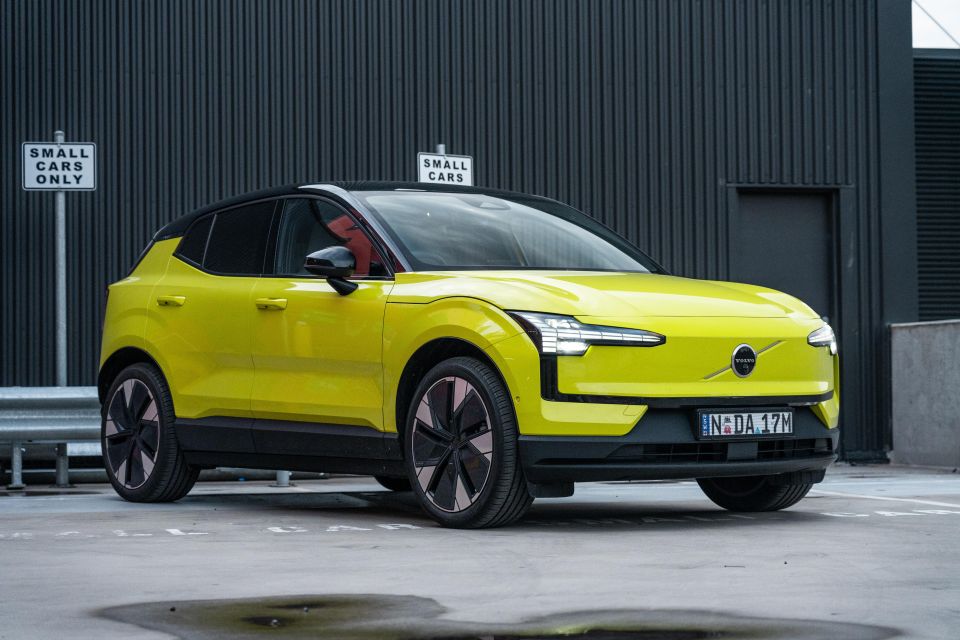
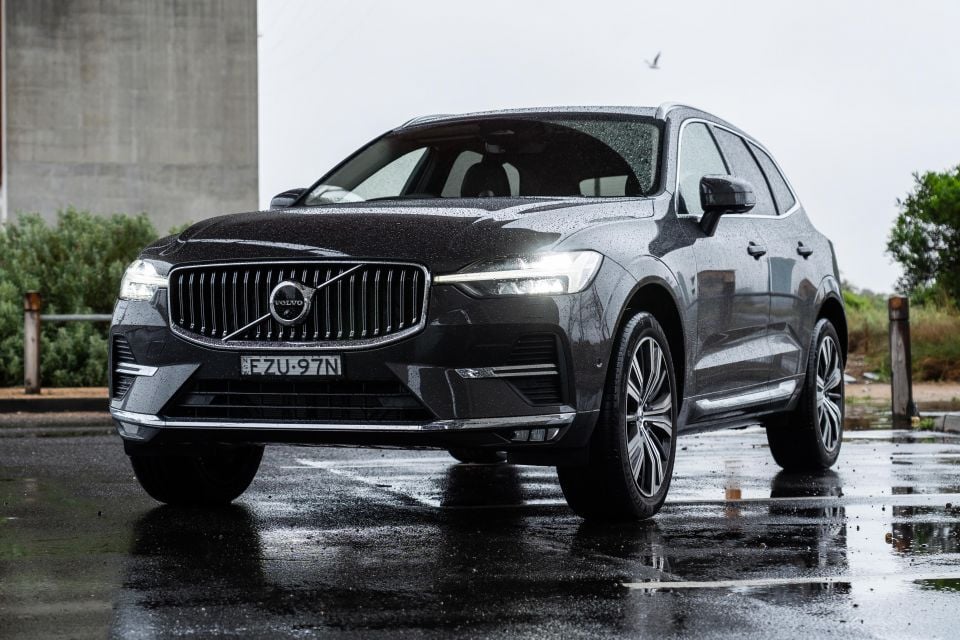
The XC40, for example, was down 46.9 per cent, ceding its title as Australia’s best-selling small premium SUV.
Volvo’s new EX30 electric crossover has already rocketed up the sales charts, with its 1001 sales year-to-date already pushing it past a swag of other small premium SUVs. That may explain the drop in demand for the XC40.
Besides the EX30, which wasn’t on sale last year, the only vehicle to improve on its position in the first half of 2023 was the niche S60 sedan, which was up 21.4 per cent.
| Model | H1 sales | YTD change |
|---|---|---|
| XC40 | 1696 | -46.9% |
| XC60 | 1144 | -24.5% |
| EX30 | 1001 | – |
| XC90 | 442 | -39.9% |
| C40 | 291 | -57.5% |
| S60 | 85 | +21.4% |
| V60 Cross Country | 82 | -10.9% |
JLR has a “House of Brands” strategy, comprising the Jaguar, Range Rover, Defender and Discovery brands, however the latter three are all reported under the Land Rover nameplate in VFACTS.
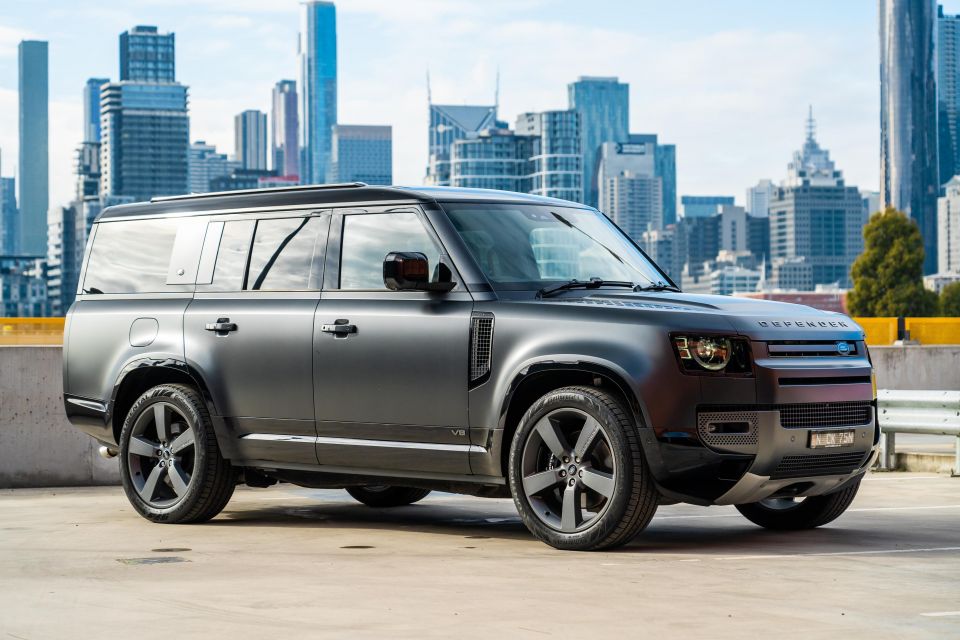
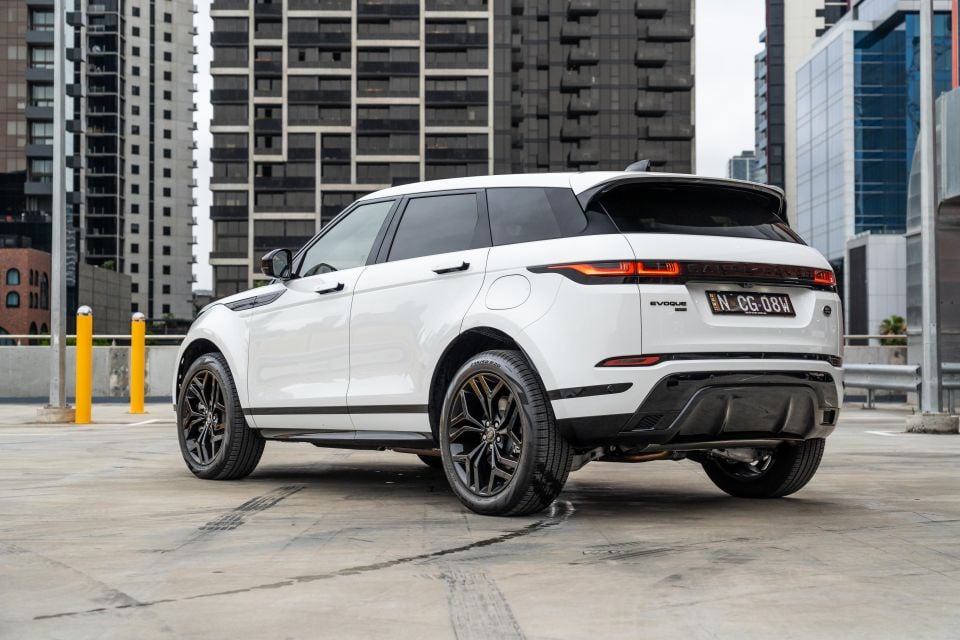
The brand was up 8.2 per cent on the first half of 2023, though its best seller – the Defender – saw a dip in sales.
The Range Rover Sport was breathing down its neck in second place, with just 223 sales separating them.
In recent years, JLR has prioritised production of its more expensive and therefore more profitable models, but this year its entry-level Range Rover Evoque and Discovery Sport have rebounded.
| Model | H1 sales | YTD change |
|---|---|---|
| Defender | 1463 | -9.7% |
| Range Rover Sport | 1240 | +20.7% |
| Range Rover Evoque | 348 | +43.2% |
| Range Rover | 336 | +4.7% |
| Discovery | 273 | +115.0% |
| Range Rover Velar | 180 | -22.4% |
| Discovery Sport | 178 | +23.6% |
Porsche sales are up a modest 5.2 per cent over the first half of 2023, with the biggest gains seen by two of its sports cars: the 911, up 85.1 per cent; and the Boxster, up 100 per cent.
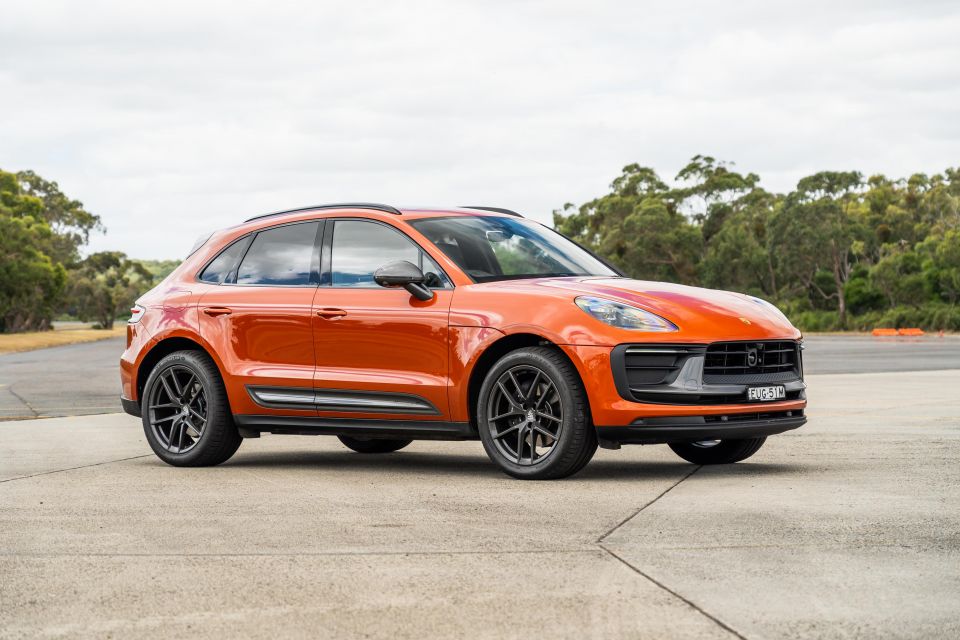
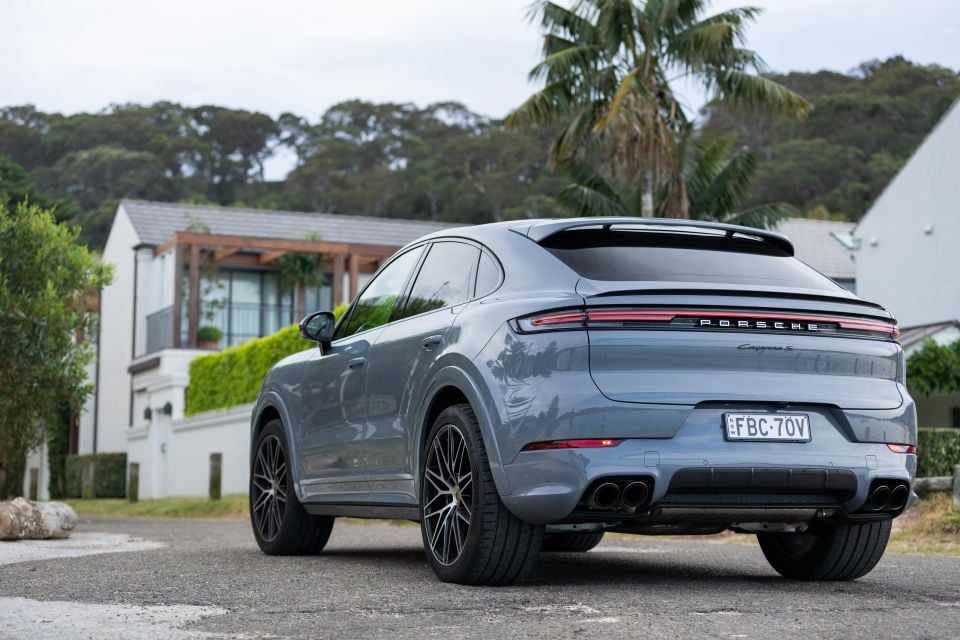
The Macan is down 9.6 per cent as an electric-only replacement waits in the wings.
Porsche currently has just one electric model – the Taycan – which is down 33.7 per cent. A recent report said Porsche was looking at reducing production of the model as luxury EV demand cools.
| Model | H1 sales | YTD change |
|---|---|---|
| Macan | 1475 | -9.6% |
| Cayenne Coupe | 518 | +8.1% |
| Cayenne wagon | 464 | +18.4% |
| 911 | 446 | +85.1% |
| Cayman | 180 | +25.0% |
| Taycan | 163 | -33.7% |
| Boxster | 124 | +100.0% |
| Panamera | 30 | -16.7% |
Genesis sales fell 18.5 per cent in the first half of this year, a disappointing turn after its sales grew by 84.4 per cent last year as it continued on an upward trajectory.
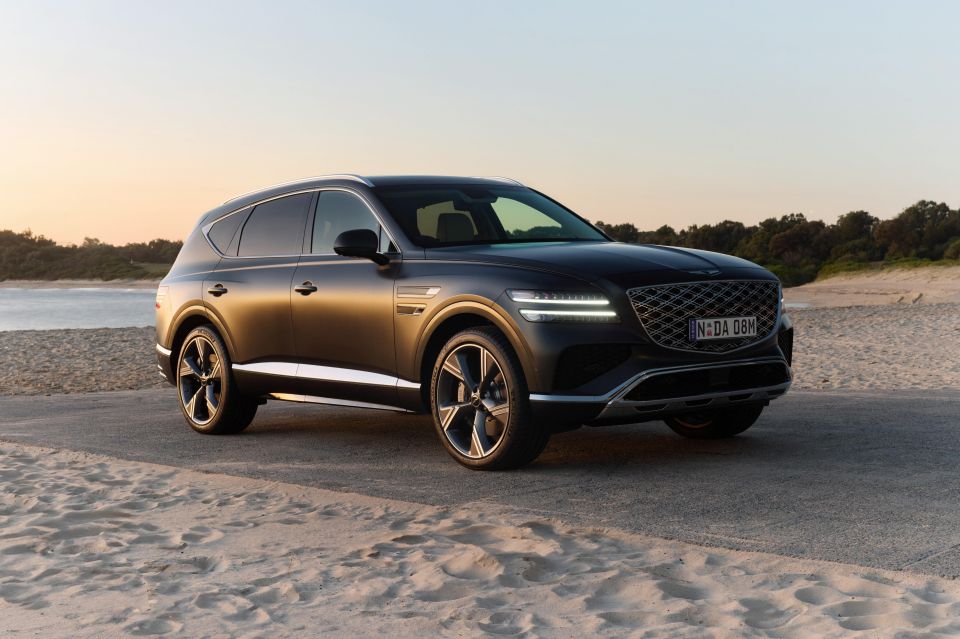
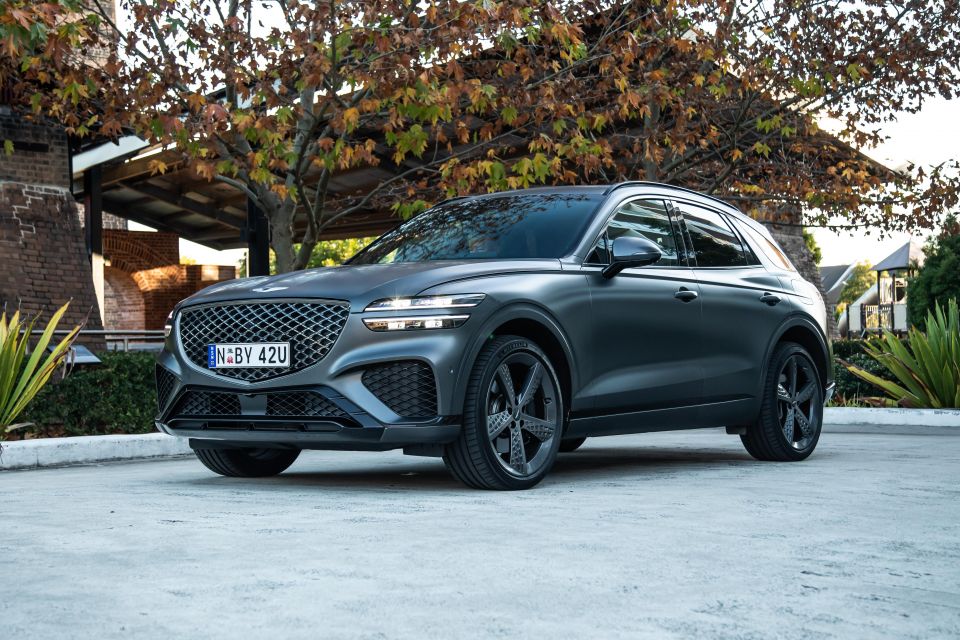
The GV70, by far its best seller, was down 12.4 per cent, though a refreshed model is due here before the end of the year.
The only model to post an improvement over the first half of last year was the G80 sedan, up 27.3 per cent.
| Model | H1 sales | YTD change |
|---|---|---|
| GV70 | 452 | -12.4% |
| GV80 wagon | 123 | -25.9% |
| GV60 | 46 | -61.3% |
| GV80 Coupe | 37 | – |
| G80 | 28 | +27.3% |
| G70 | 24 | -50.0% |
Jaguar sales were up 69.3 per cent from a low base.
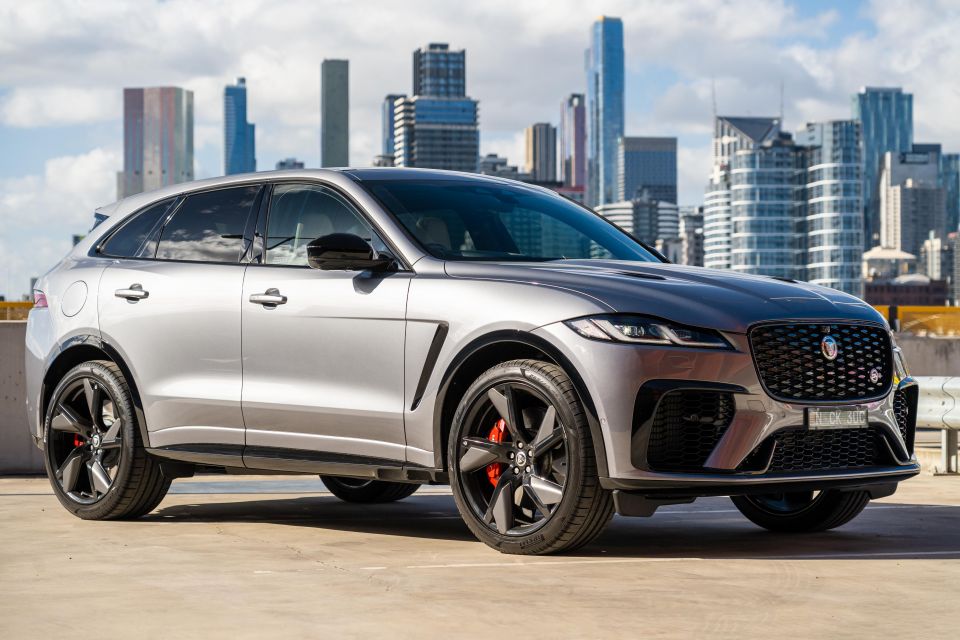
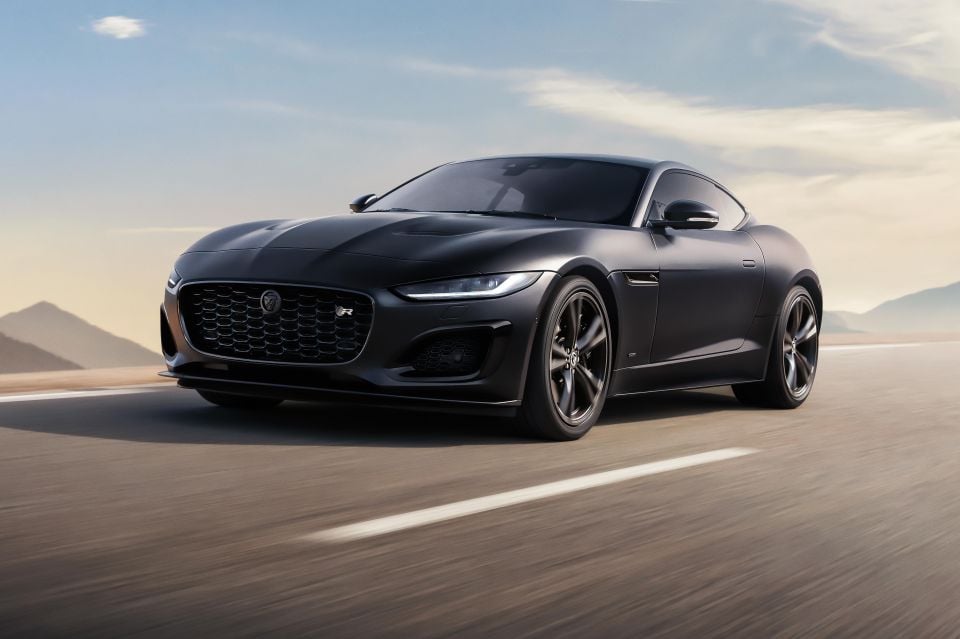
All models bar the XE and I-Pace were up, just in time for them to all be progressively phased out as the brand is repositioned as a more exclusive, expensive and electric-only brand.
The most dramatic turnaround came from the ageing E-Pace, which was up a whopping 535.7 per cent.
| Model | H1 sales | YTD change |
|---|---|---|
| F-Pace | 219 | +88.8% |
| E-Pace | 89 | +535.7% |
| XE | 45 | -15.1% |
| F-Type | 36 | +16.1% |
| XF | 9 | +125.0% |
| I-Pace | 5 | -75.0% |
The Tonale has given the Alfa Romeo brand a more affordable entry point, and it’s quickly become the brand’s best-selling vehicle.
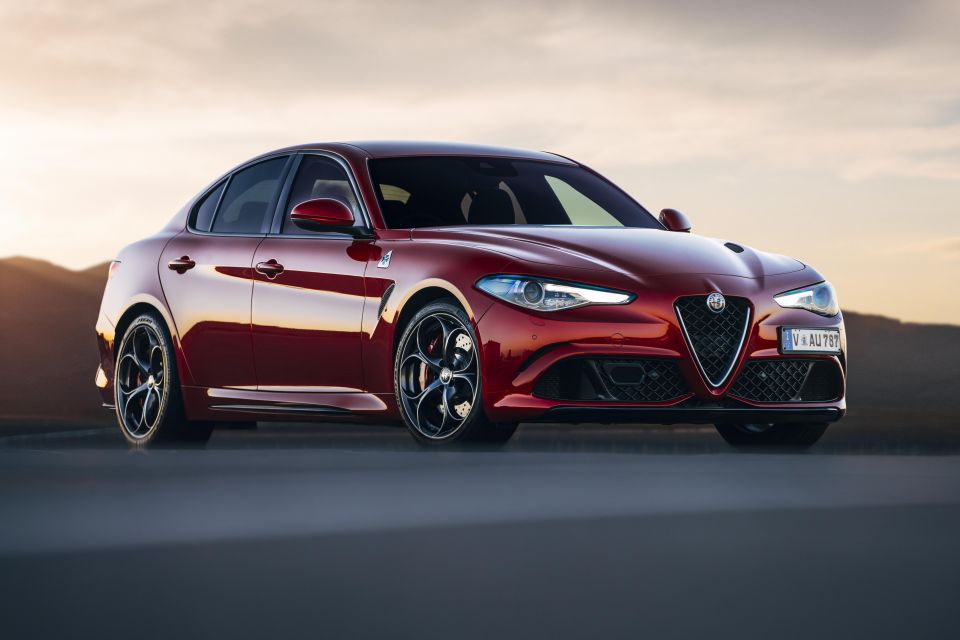
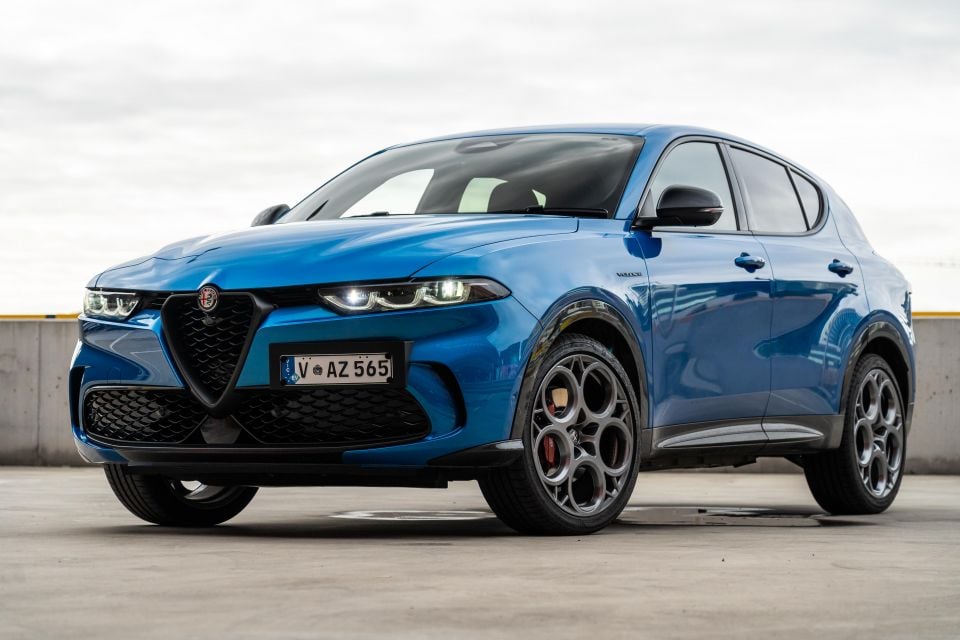
However, the Giulia enjoyed a boost in sales in the first half of this year, and was up 62.2 per cent.
The Stelvio continues to be one of the least popular vehicles in its segment, with just 76 sold – down 14.6 per cent.
Maserati sales slumped 37.3 per cent compared with the first half of 2023, despite the recent arrival of the Grecale.
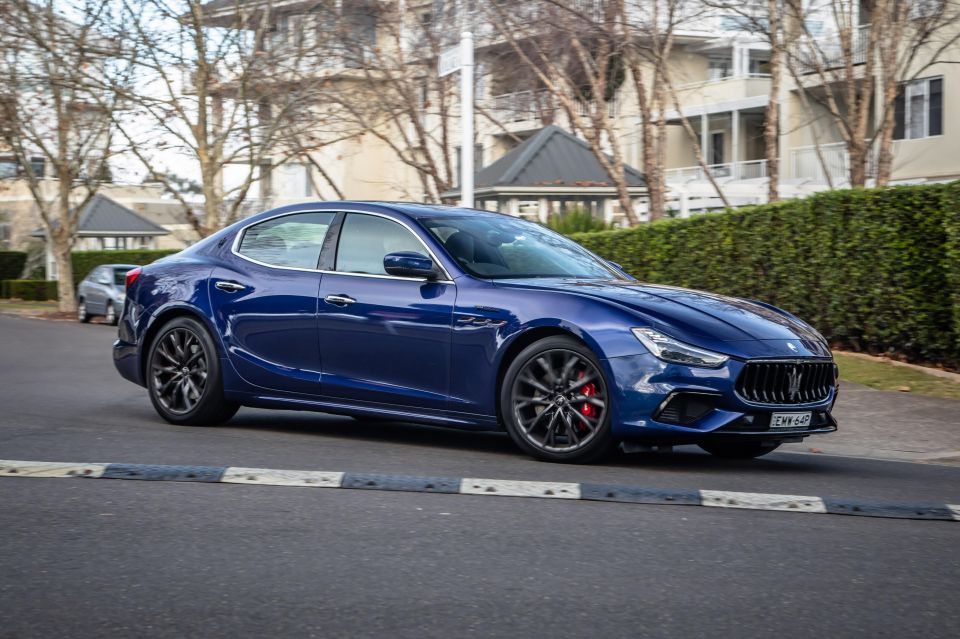
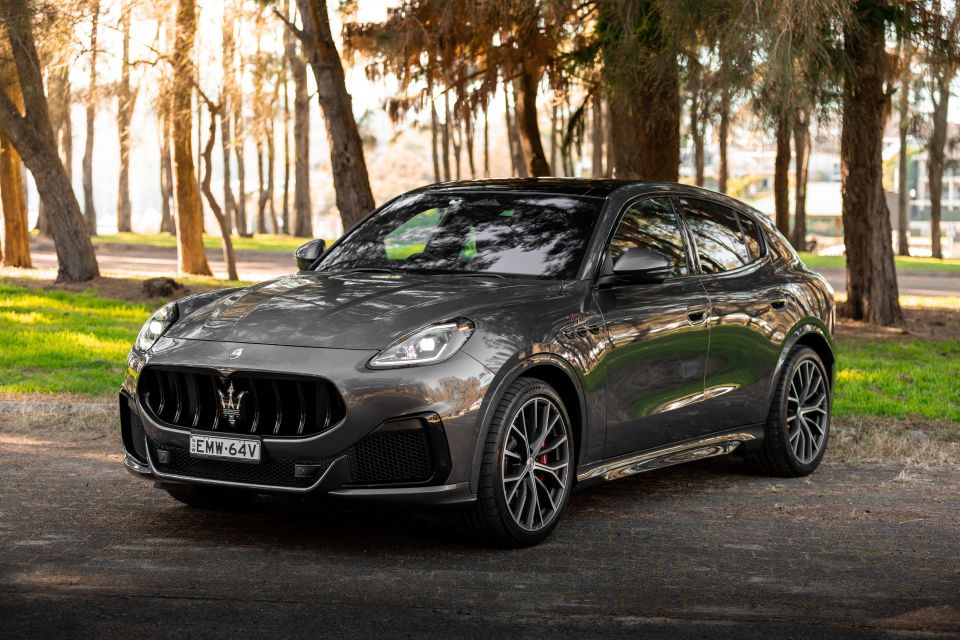
Despite being the most affordable new model for the brand in a while, Grecale sales have already slumped – they’re down 28.2 per cent on the same period last year.
It’s by far the brand’s best-selling vehicle, however, and outsold the more affordable Alfa Romeo Stelvio with which it shares its platform by more than two-to-one.
Quattroporte stock appears to have dried up, while the Levante and Ghibli have dwindled.
| Model | H1 sales | YTD change |
|---|---|---|
| Grecale | 168 | -28.2% |
| Levante | 19 | -67.2% |
| Ghibli | 8 | -42.9% |
| GranTurismo | 5 | -58.3% |
William Stopford is an automotive journalist with a passion for mainstream cars, automotive history and overseas auto markets.


Damion Smy
7 Hours Ago
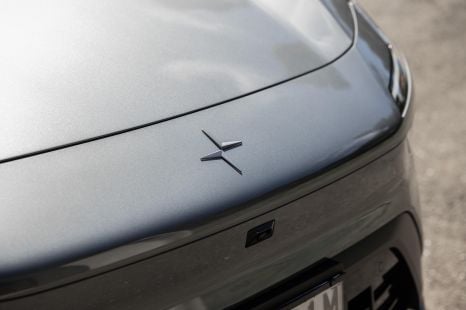

Damion Smy
7 Hours Ago
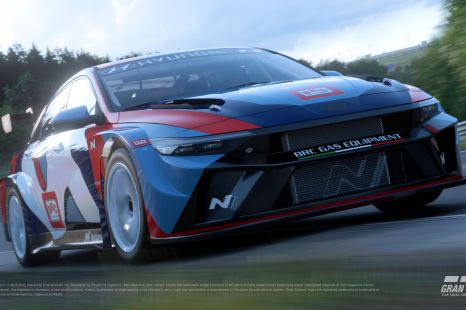

Damion Smy
9 Hours Ago
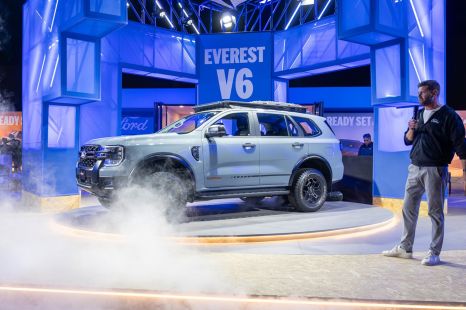

Damion Smy
11 Hours Ago


CarExpert.com.au
13 Hours Ago


Ben Zachariah
14 Hours Ago